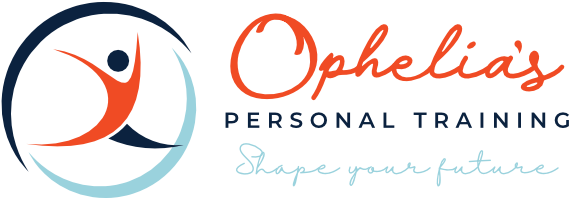How long should a nap really be? Here’s what the science says
New research suggests that shows that an afternoon kip is optimal for our health, and can increase alertness and performance in the afternoon.
Most of us know the benefits of a Mediterranean-style diet, but there are benefits to Mediterranean-style napping too. According to researchers at La Universidad Autonoma de Madrid and Harvard TH Chan School of Public Health, besides eating plenty of fruit, vegetables and wholegrains, adopting habits such as taking regular naps appears particularly important in reducing your chances of dying early as a result of a heart attack or stroke.
The health benefits of a nap shouldn’t be underestimated, agrees Russell Foster, a professor of circadian neuroscience at the University of Oxford and author of Life Time: The New Science of the Body Clock, and How It Can Revolutionise Your Sleep and Health. “Data shows 20 minutes is optimal for our health, and can increase alertness and performance in the afternoon.”
He has some pointers, however: “The first is that if you want a nap, you may not be getting enough sleep at night and that needs to be addressed.”
The second is that timing is crucial. “Naps that are too long may be counterproductive, because they can lead to feelings of grogginess and lowered alertness for some time afterwards,” Foster says. Early afternoon is ideal. “Naps too close to bedtime can affect your ability to fall asleep at night. And falling asleep in front of the television, or on the train home, is not optimal healthy napping — that’s a sign you’re not getting enough sleep, or you’re running on empty.”
That said, flexibility around naps is key — as is not getting too hung up on having the perfect one. “There is no one-nap-fits-all, and your napping will change from week to week, according to things like your workload or stress levels so don’t overthink it,” Foster says. “I very rarely nap, but last Sunday I had one before meeting friends. I had been running on empty during the week and thought, ‘I’m going to have a few zzz’s before I go out’, and I felt great.”
For those who struggle to sleep in the day, Foster says an interesting study has just been published that found “a quiet period of rest” — no snoozing required — can harness the same benefits of a nap, including improved alertness and concentration.
What about so-called caffeine naps, where you have a coffee beforehand, to make sure you don’t sleep too long? “The idea is caffeine takes 20 to 30 minutes to kick in, so if you have one right before, it will wake you up when your nap needs to end,” Foster says. “This may be helpful to those particularly sensitive to caffeine, but caffeine stays in the body for five to nine hours, so if you’re drinking it in the afternoon you may delay the onset of sleep that night.
“Do what works for you, but when I had my last nap, rather than a coffee I just set an alarm on my phone and got a caffeine-free wake-up call.”

